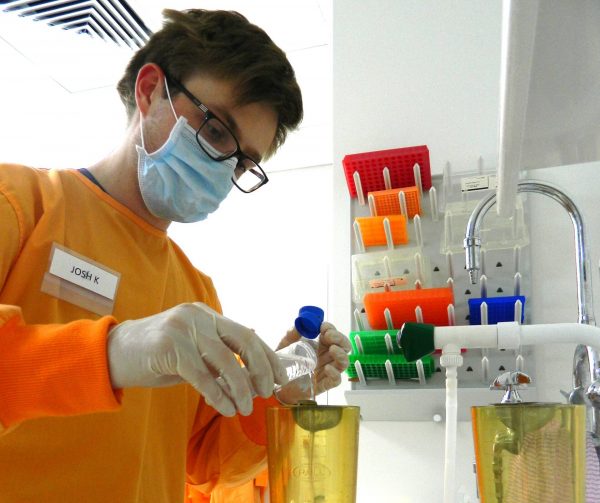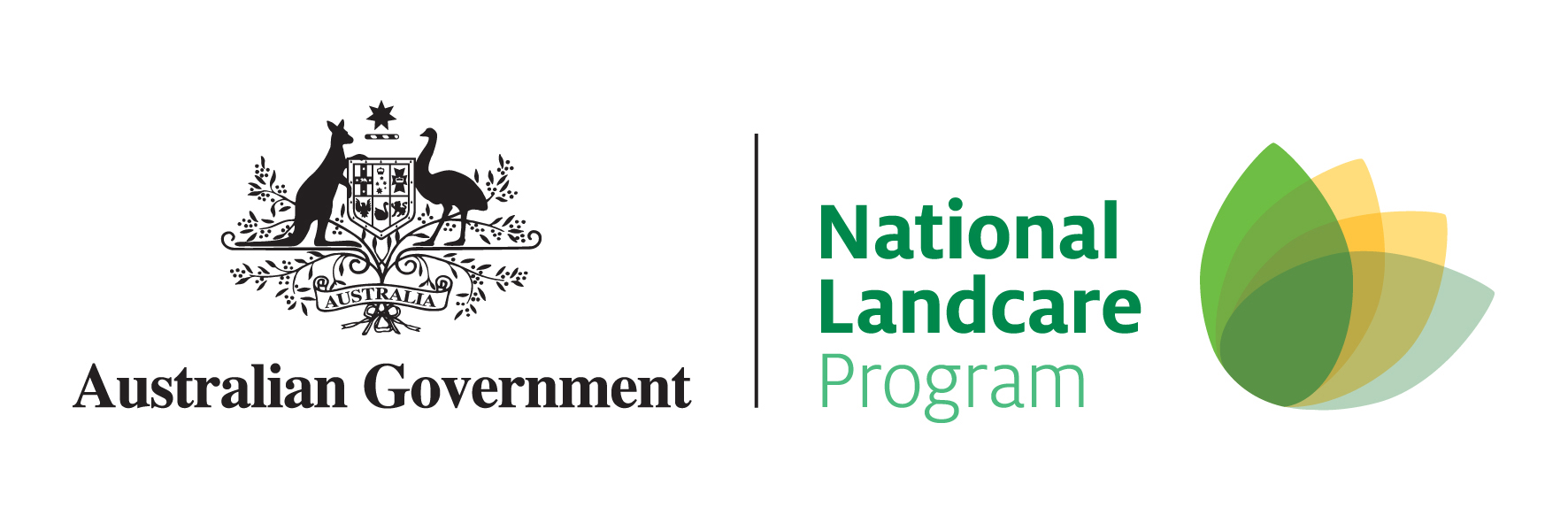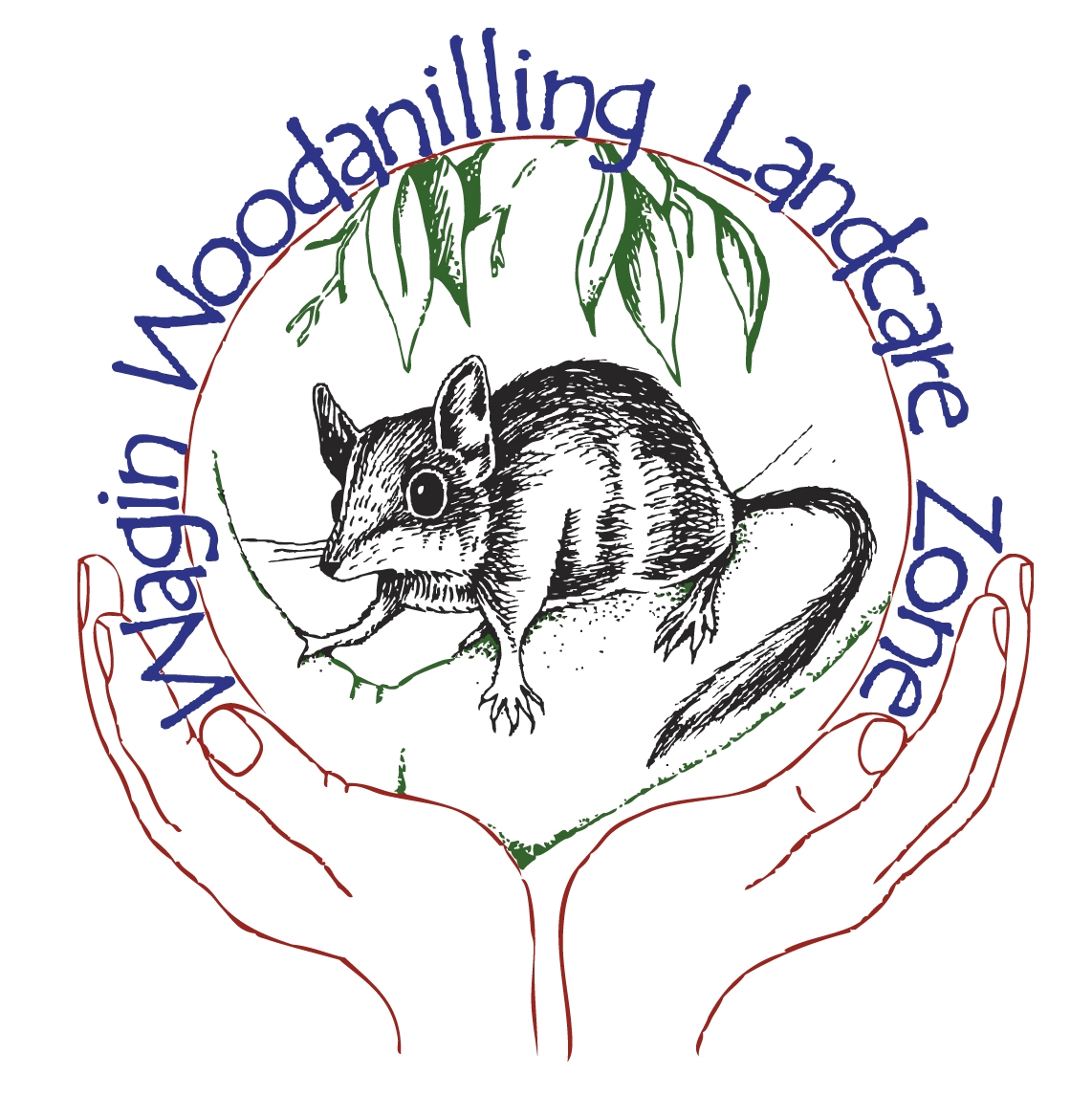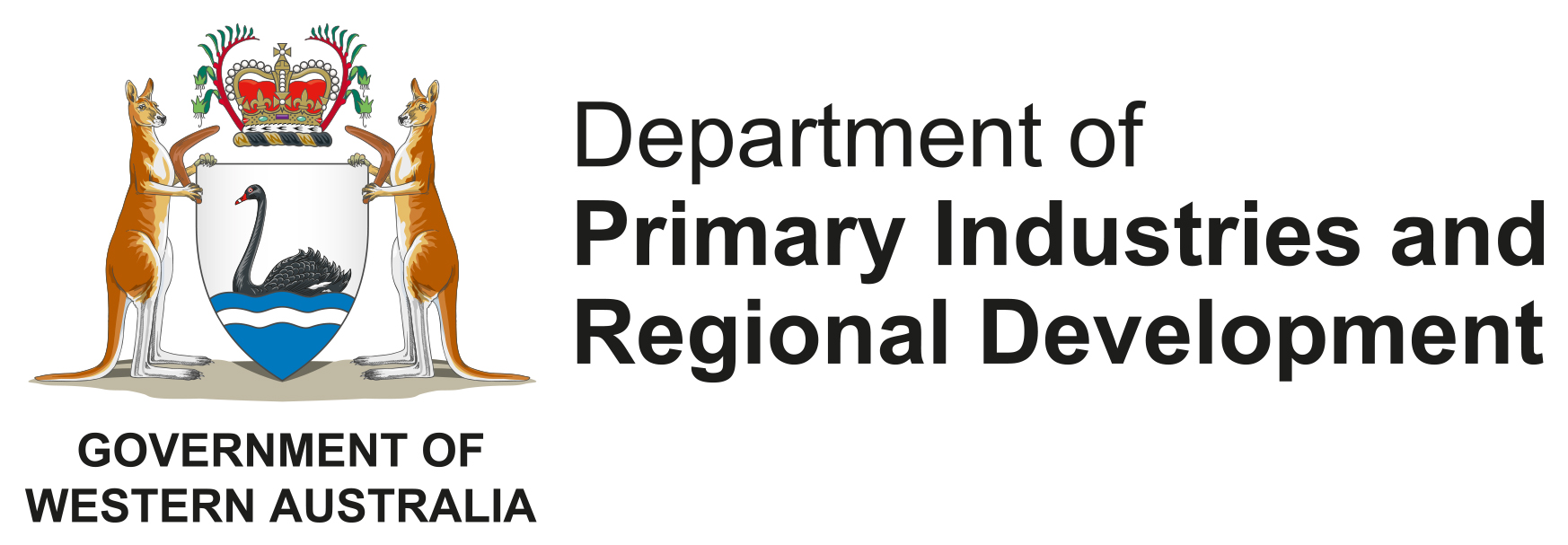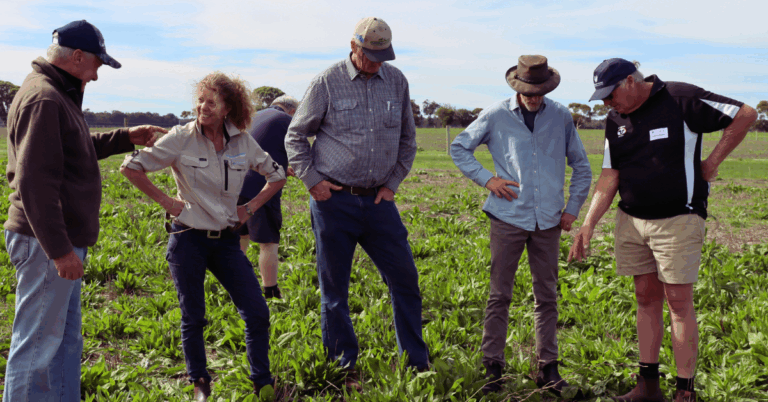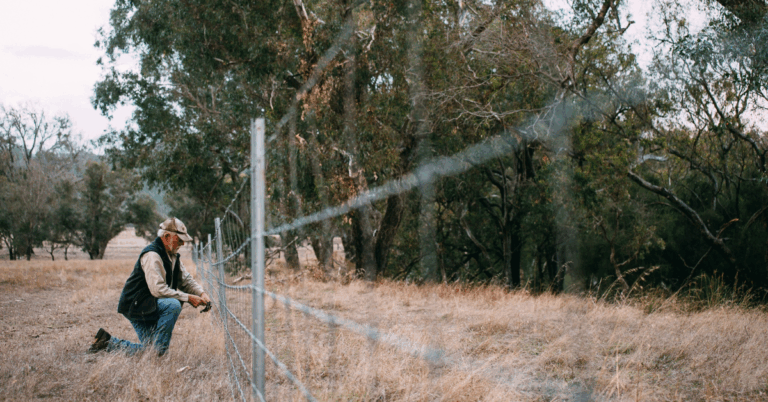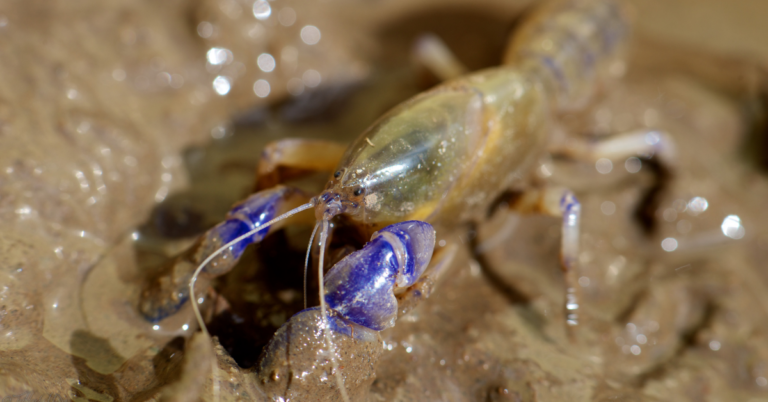Key outcomes
- 98 hectares revegetated with 39,000 seedlings
- Five species identified as valuable food sources for insects beneficial to pollination and pest management
- Landholders trained in traditional ecological knowledge
- Two flowering calendars developed
- Integrated Pest Management Strategy developed
South West NRM is working with canola farmers and orchardists to develop tailored revegetation programs aimed at improving pollination rates. By identifying and attracting beneficial pollinators, farm businesses can become more productive and resilient to changing conditions, as well as enhancing habitats for native species.
Demonstration sites across the region are testing innovative practices for increasing pollinator numbers, including planting unique species mixes for continuous food and shelter, interrow cropping, and hedge development using dense pollinator-friendly natives. Personalised farm management plans and regional flowering calendars have been developed for participating land managers. A range of events have been held to share the results with the region’s farming community.
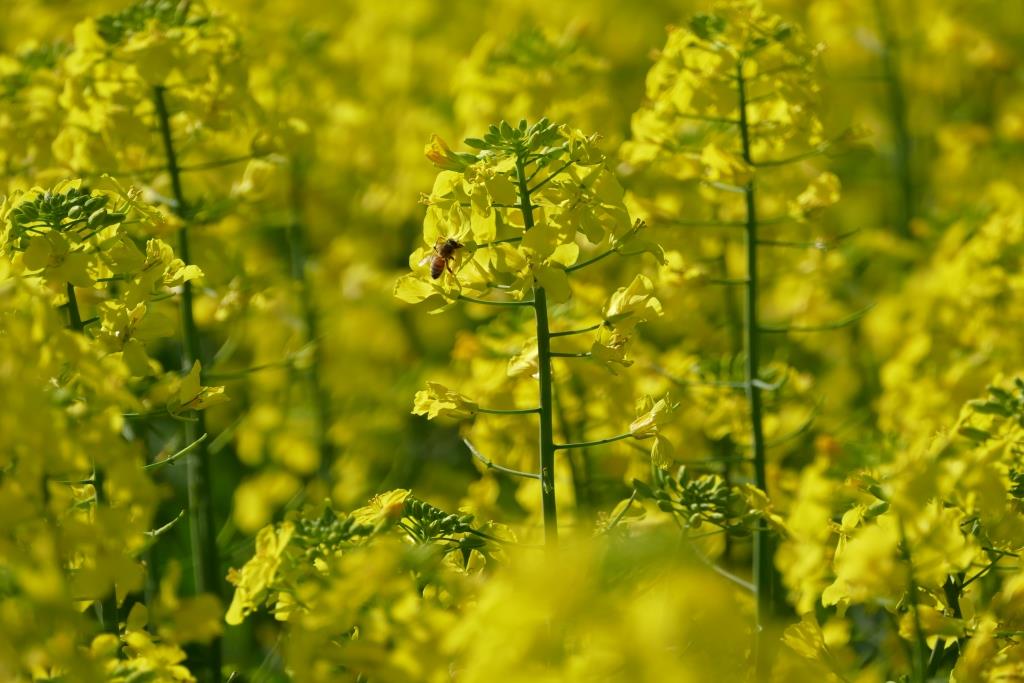
Traditional ecological knowledge
The Undalup Association, Wuddi Cultural Tours and Deadly Unna have held one-on-one and small group advisory sessions with farming families, to impart traditional ecological knowledge on management options, traditional plant use, the Noongar six season calendar and cultural burning. A highly respected First Nations Elder, Vivienne Hansen, has contributed traditional ecological knowledge on the benefits of native plants to crop pollination, which will be used for one-on-one engagement with farmers.
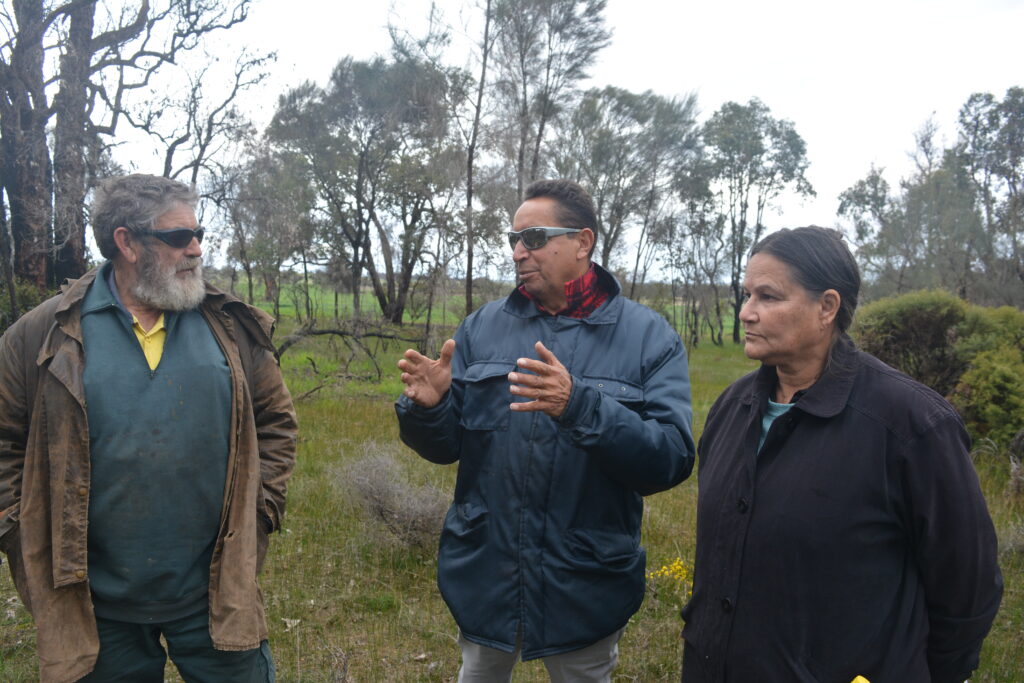
Using environmental DNA
Food production systems are facing unprecedented pressure from climate change, loss of arable land, new pests and diseases, and declining pollinator species such as birds and insects. South West NRM is supporting a Curtin University research project investigating avocado pollinators using innovative environmental DNA technology.
Environmental DNA (eDNA) is collected from avocado flowers at six participating orchards and, using their expelled DNA, laboratory analysis detects which species have been present within that environment.
This information will determine the distribution of beneficial, pollinating insects as well as ‘antagonistic’, non-beneficial species. Understanding how these species interact with crops can inform future pollinator management techniques, such as interrow planting of insect-attracting plants or species-specific pest control.
